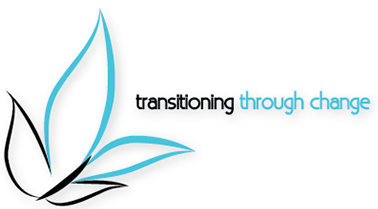How does grief counseling work?

Loss is interwoven into our daily lives, but that doesn’t mean we possess the tools required to cope with it. Whether you had time to prepare for your loved one’s passing — or it was a sudden storm that left you picking up the pieces — grief introduces a host of complex emotions that are difficult to process.
There is no one way to grieve or mourn. With some, it takes time. Others take comfort in other friends or family members, daily activities, and religion or spirituality. If you’re having difficulty processing feelings related to grief or mourning, grief counseling in Westminster could help you navigate these ups and downs.
Keep reading to learn more about who can benefit from grief counseling, how grief counseling works, and some of the key techniques used in grief counseling before seeking help with a grief counselor.
Who Can Benefit from Grief Counseling
Anyone who has lost a loved one, including the death of a family member, friend, or pet, can benefit from grief counseling. Also known as bereavement counseling, this type of therapy seeks to assist those coping with intense feelings of loss, guilt, anxiety, or depression caused by the grieving process.
Through thoughtful, open communication with a skilled grief counselor or therapist, you can find deeper understanding and healing from your loss. Grief counseling benefits many, but you may find comfort and answers if your grief is particularly demanding, draining, or challenging.
Grief counseling helps individuals who are struggling with:
- Grief interfering with day-to-day life
- Grief that causes severe depression or feelings of guilt or anxiety
- Grief that keeps you from living your own life like you used to
- Grief that impacts your other relationships
Grief Counseling Techniques
Attending grief counseling doesn’t change how you remember or think about your loved one. In fact, this type of therapy is designed to help you navigate your loss in a healthy way in order to find healing and peace. This will allow you to recall your loved one with less intense feelings of grief and loss, while generating acceptance of the situation.
There are many approaches that your grief therapist might take with you to manage your grief. The ones you use depend on the severity of your grieving state, mental health, and therapist’s counseling techniques. Some of the most common grief counseling techniques are listed below.
Cognitive behavioral therapy (CBT): Cognitive behavioral therapy is a common technique used by many therapists for behavioral and mood disorders. It can also be utilized in grief counseling to identify harmful or negative thought patterns and responses that stem from the loss of a parent, friend, loved one, or pet.
Complicated grief treatment (CGT): This type of technique is specifically geared towards grief and bereavement patients. It helps patients understand the strong emotions behind their grief and how to manage them. It also assists in making future plans, relationship building, memory recall of the deceased individual, and gives tips on how to live with reminders of the deceased.
Acceptance and commitment therapy (ACT): ACT is a grief counseling technique centered on acceptance and mindfulness. This therapy guides grief patients towards living more thoughtful lives that are more dedicated to their personal values and beliefs.
Ritual-focused counseling: Grief and mourning are addressed through rituals meaningful to the individual. These include goodbye letters and ceremonies or conversations they wished they had with the deceased.
Grief counseling can be a helpful therapeutic tool for those suffering from the loss of a loved one or pet. For grief and bereavement counseling in Westminster, reach out to Transitioning Through Change.
